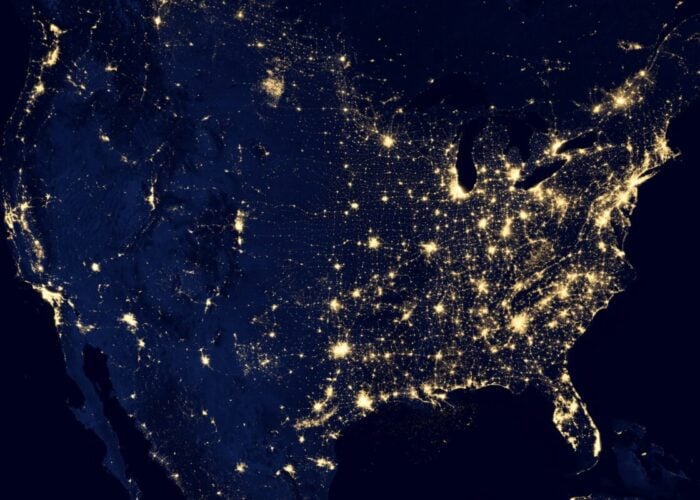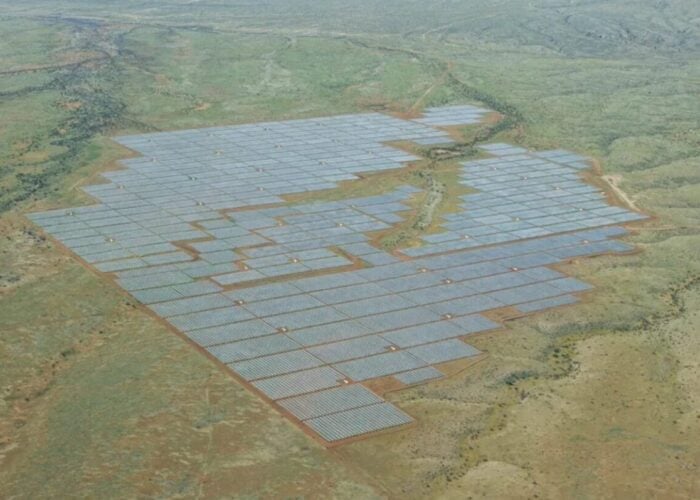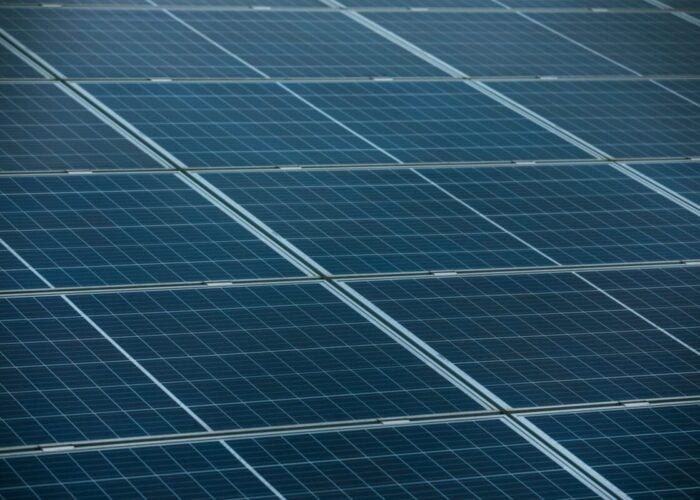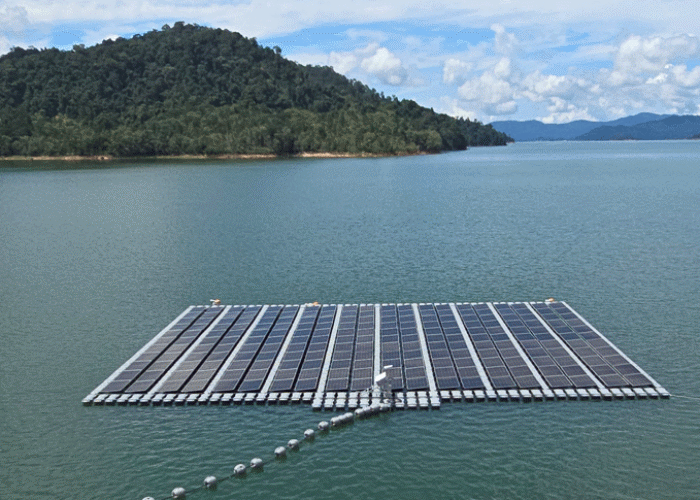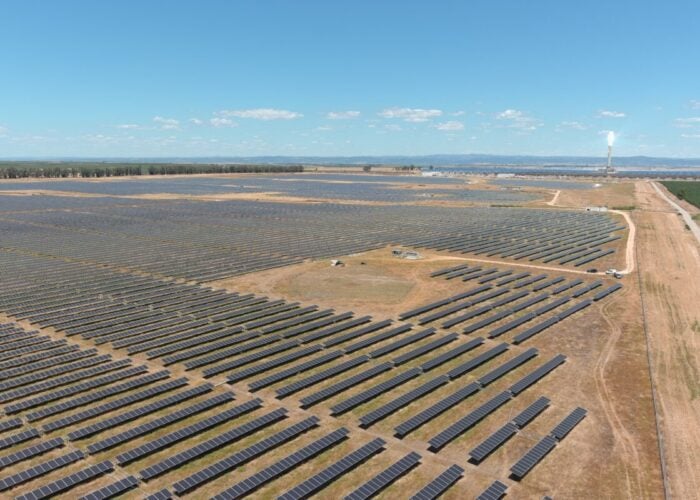
Community solar developer Lightstar Renewables confirmed on Thursday (8 August) that the Detroit City Council has approved its participation in the city’s ‘Solar Neighbourhood Plan’.
The development comes after news in June 2024 that Detroit mayor Mike Duggan selected the first three neighbourhoods to be included in the solar initiative. These were the Gratiot/Findlay, Van Dyke/Lunch and State Fair communities.
Unlock unlimited access for 12 whole months of distinctive global analysis
Photovoltaics International is now included.
- Regular insight and analysis of the industry’s biggest developments
- In-depth interviews with the industry’s leading figures
- Unlimited digital access to the PV Tech Power journal catalogue
- Unlimited digital access to the Photovoltaics International journal catalogue
- Access to more than 1,000 technical papers
- Discounts on Solar Media’s portfolio of events, in-person and virtual
According to the City of Detroit website, mayor Duggan’s Neighbourhood Solar Plan aims to repurpose mostly vacant lots in Detroit neighbourhoods into sites of clean energy production. The goal is to select neighbourhood sites totalling 250 acres of neighbourhood land needed to offset municipal solar.
The first phase of the initiative will see 10MW generated from solar PV in State Fair and Gratiot/Findlay. Once connected to the electrical grid, the solar arrays will begin to offset the electricity required to operate 127 city buildings, including the city hall, police and fire stations, and recreation centres.
Lightstar and the City of Detroit said the initiative is a “first-in-the nation effort” and lays the foundation for a future where “Detroit leads the charge in urban sustainability”.
On the confirmation of the initiative, mayor Duggan said it will help the city become a “national leader in the fight against climate change”.
“With City Council’s approval today of our Solar Neighbourhood program, Detroit has become a national leader in the fight against climate change. And we did it with the passionate support of the neighbours,” said mayor Duggan.
“We will begin to turn more than 100 acres of vacant, blighted land in the State Fair, Gratiot/Findlay, and Van Dyke/Lynch neighbourhoods into solar arrays that will generate enough energy to power city buildings and strengthen these neighbourhoods. In Detroit, we don’t just talk about addressing climate change, we take action.”
It is worth noting that Lightstar was acquired by hydroelectric developer Eagle Creek Renewable Energy in March 2024.
Solar neighbourhoods intertwine PV and agriculture
At the core of the initiative is Lightstar’s intention to utilise agrivoltaics to intertwine renewable energy generation with agriculture, a topic the developer has spoken at length about to PV Tech Premium over the years.
The company said that crops, such as lettuce, kale, carrots, and a variety of berries, are anticipated to thrive alongside solar panels and that it illustrates a “harmonious balance between energy production and urban farming”.
Lightstar is currently looking for urban farming partners who can supply fresh, locally sourced, and sustainably farmed produce and livestock products to the residents of Detroit.
The organisation said that the partnerships aim to strengthen Detroit’s food distribution systems, ensuring that this project’s benefits will continue to nourish the city’s residents for years to come.
The developer also aims to provide community benefits packages to help support the uptake of renewable energy across the city. For instance, Lightstar will provide energy efficiency upgrades to qualifying homeowners in the neighbourhoods directly touched by the project, as well as frequent community check-ins to incorporate feedback into the project design.
PV Tech Premium reported earlier this year that appetite to invest in US community solar projects, much like Lightstar’s initiative, has seen increased interest since last year, boosted by the Inflation Reduction Act (IRA).

